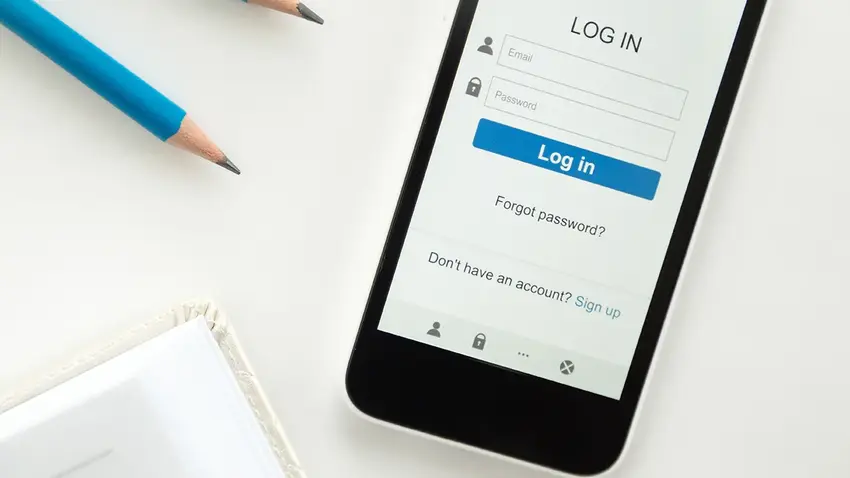To trade in the financial market, you must have a Demat account. A Demat account plays an essential role in the debit and credit of financial securities.
Every Demat account is unique, and its Demat account number identifies it, but the question is how to know the Demat account number. The Demat account number is a unique 16-digit number. You can also call this number the Beneficiary ID in the case of the Central Depository Services Limited (CDSL) Demat account.
For the unique identification of your Demat account, you need to know your Demat account number. This number is essential to carry out online trading efficiently.
Table of Contents
What Is a Demat Account and How Does It Work?
A Demat account, or a dematerialised account in the Indian stock market, is used to store physical financial certificates in digital format. Through an online Demat account, you can convert your old financial certificate into a digital format. You can hold various financial certificates, including those for the currency market, commodities, mutual funds, derivatives, equities, bonds, etc., in a Demat account. A Demat account number is as significant as your primary bank account or cell phone number.
A Demat account is usually opened with a brokerage firm such as a bank or other brokerage firms. These brokerage firms must participate in India’s depository system, which has two depositories: the National Securities Depository Limited (NSDL) and the CDSL.
What is a Demat Account Number?
The Demat account number is a unique 16-digit number, making it convenient for stockbrokers and investors to assess portfolios. So, when you place a buy or sell order on the stock exchange, the shares get transferred to your Demat account. The Demat account settles the transaction in T + 2 days, which is simply two trading days.
The Demat account number consists of two parts—the Depository Participant Identification (DP ID) and the customer ID of the investor account holder. The DP ID is issued by depository institutions such as the NSDL and the CSDL to brokers, banks, and financial institutions. Further, the customer ID is assigned to their customers by the stockbrokers. A Demat account number is also called a DP account number. You can use Share India’s brokerage charges calculator to have a cost-effective strategy.
The first eight digits of your account number in the DP account number are the DP ID. After that, the next eight digits are your customer ID.
Let us take the example of this Demat account number – IN02222278252211. Here, IN022222 is the NSDL DP ID, and the other eight digits, i.e., 78252211, are the customer ID.
Importance of Demat Account Number
A Demat account is a link between an investor and the stock market. The Demat account stores all the financial assets that you purchase through a stock exchange.
This account lets you trade in stocks, bonds, and other types of financial securities. So when you approach a stockbroker like Share India, you get a full-fledged financial service. Share India offers brokerage services at one of the lowest brokerage charges. You can trade from your smartphone or your computer by just accessing the Internet.
Checking Your Demat Account Number
As we discussed, the Demat account number is a unique 16-digit number that includes the DP ID and customer ID. The combination of a Demat account number is unique and vital for investors to know. To check this number, you can check your email ID, where there will be a welcome letter and details related to your Demat account from your brokerage firm.
If this fails, you can connect with your DP via email or customer support mentioned on the broker’s website or app. But you need to make sure that you’re addressing the correct problem to the customer representative or in the support email.
Conclusion
Now you know all about the Demat account number. We have also covered how to find a Demat account number and ways to get your Demat account number.
Depository participants, which are agents of a particular depository, are usually brokerage firms, financial institutions, and banks that work as a bridge between investors and the stock exchanges. The relationship between the depository and the DP is set and overlooked by the Securities and Exchange Board of India (SEBI). SEBI is a government regulatory body in India.
To trade in the stock market, you need to partner with a reliable broker like Share India. Share India offers a one-stop solution to trade in the Indian stock market. You can get quality insight, reports, and stock-related news.
Download the Share India app and open your free Demat account.

